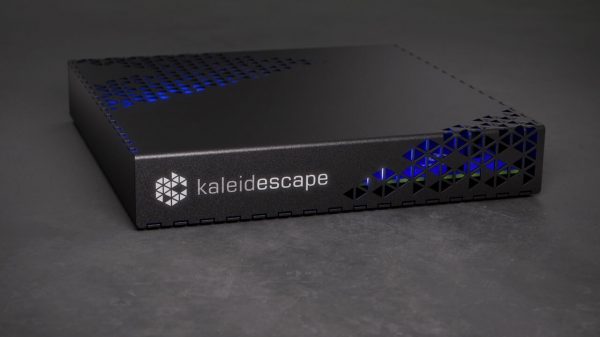St. Patrick’s Day has arrived and Easter is just around the corner. Which for many people means the signs of Spring are here –leprechauns that get inside your PC and slow performance, hijack Web pages and cause all kinds of mischief. And then there are the dust bunnies that find their way into fan ports and under keyboards.
Fortunately, there are some simple maintenance tasks anyone can do to make their PC as fresh as a daisy once more. My Computer Works, one of the nation’s best-known PC repair companies, has suggestions on how to spruce up your desktop or laptop computer for Spring.
“There’s no question that over time, the performance of virtually every PC will suffer. It’s inevitable,” said Luke Ford, CEO and president of My Computer Works. “However, it doesn’t mean the situation is irreversible. Like any appliance or piece of machinery, PCs benefit from routine care. And the work is a lot less difficult than you might think.”
Slow Email
Topping the list of performance issues for most people is email problems. Some issues are caused by settings that are incorrectly entered into the email application. However, it is possible to speed up Microsoft Outlook and other popular email programs by archiving or pruning old emails, especially those with attachments. Deleting unneeded emails from the Sent folder and emptying the Deleted Items folder will also allow the software to open and operate smoothly.
Sluggish Operation
Another common problem is deteriorating PC performance. Bootups seem to take forever, applications don’t load as fast, and the dreaded “blue screen of death” shows up more and more often. Ford says there are a number of things owners can do to improve the situation.
“The first thing to do is defragment the hard drive using the Disk Defragmenter utility in Windows,” he notes. “This should be run on a weekly or bi-weekly basis along with your Disk Cleanup utility. Also, remove unneeded personal files as well as old or unused programs, many of which get automatically loaded with new software whether you want them or not.”
By opening Windows Task Manager (press Control+Alt+Delete simultaneously) and clicking on the Performance tab, users can see which programs are currently running. Users can do a Web search on the names of unfamiliar programs to determine which are needed and which are not. Windows Vista users can also see the date each program was installed, providing a clue as to whether the program has been loaded without the user’s knowledge.
Finally, Ford says slow performance can be a sign of too little RAM (Random Access Memory). For those who haven’t increased the amount of RAM in their desktop or laptop since purchase, adding memory capacity is as simple as buying a RAM module from the local home electronics store and plugging it into the appropriate slot inside the PC. RAM prices continue to drop and are very affordable; in most cases, inserting the module is as easy as screwing in a light bulb. Ask your local retailer for tips or look online for guidance.
Security
Malware, spyware, viruses and other PC infections can not only slow PC performance, but also damage files and compromise highly confidential information such as email and financial data. It’s essential to install, and routinely update, anti-virus and anti-spyware/malware programs. Make sure the programs are set to scan files, email and memory on a regular basis.
Periodic Cleanup/Backup
A little housekeeping can extend a PC’s life and ensure that important information is never lost. Dust is a major problem with both laptops and desktop units; tower units are especially prone to dirt and dust since they usually sit on the floor. To clean a PC case, remove the side panel and use a can of compressed air to blow away dust. NEVER use a vacuum, as the suction causes static that can short-circuit delicate electronics.
The last and perhaps most important task of all, states Ford, is backing up data at least weekly. “Purchase an external hard drive or USB thumb drive,” he says. “Today there are also many backup services on the Internet that allow you to copy data securely to a remote location. Remember, if catastrophe strikes, you can always get a new PC. But photos, videos, financials and business data can be lost forever.”
About My Computer Works, Inc.:
Founded in 2004, My Computer Works, Inc. is a leading provider of help desk and personal computer support services for thousands of small businesses and home consumers nationwide. The company’s friendly, U.S.-based support technicians connect directly and securely to any Microsoft Windows PC using a high-speed Internet connection to answer questions and solve computer problems immediately. With a number of affordable service plans, including one-time support and unlimited support memberships, everyone should be able to say “My Computer Works!” Does Yours?























